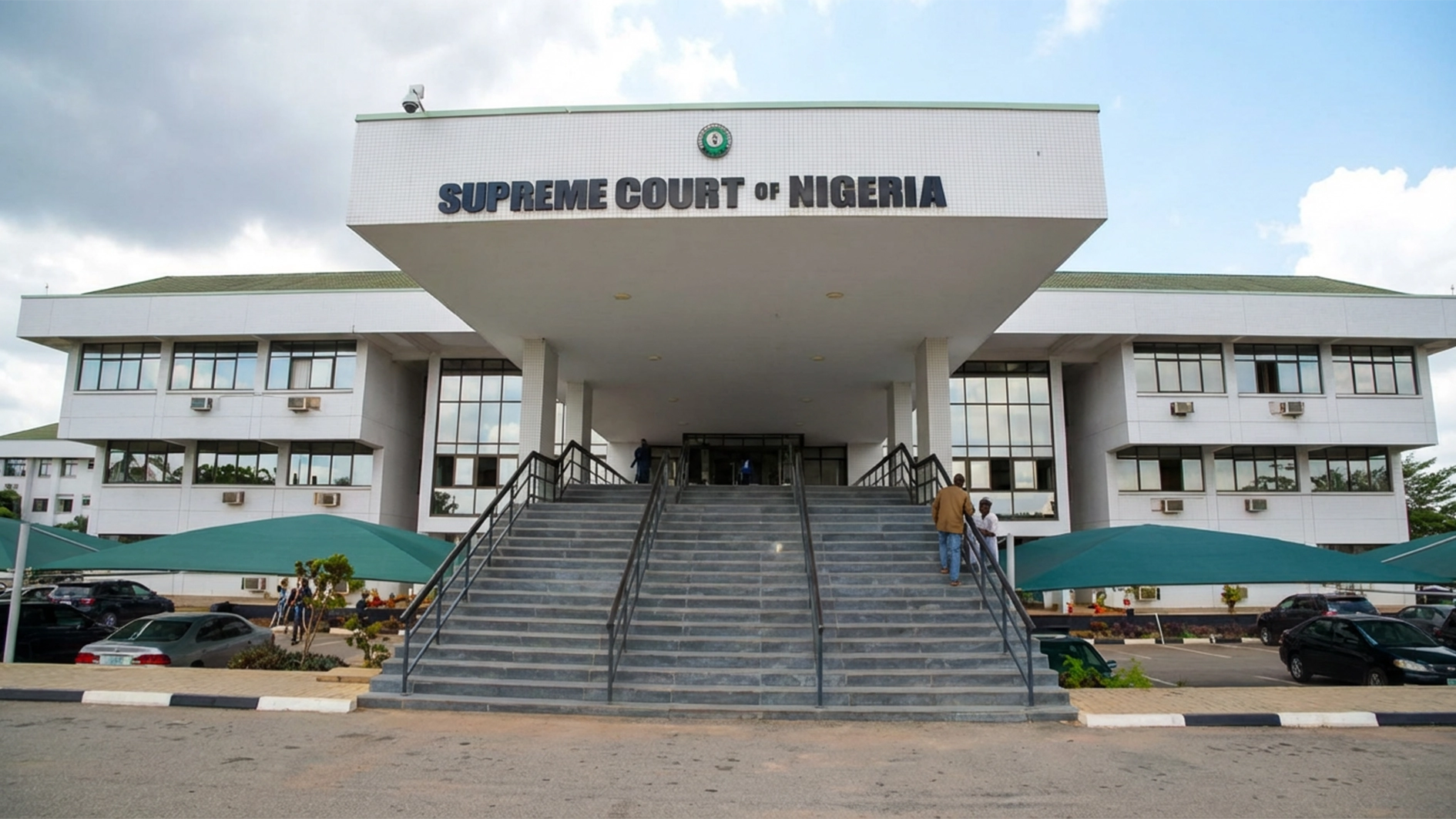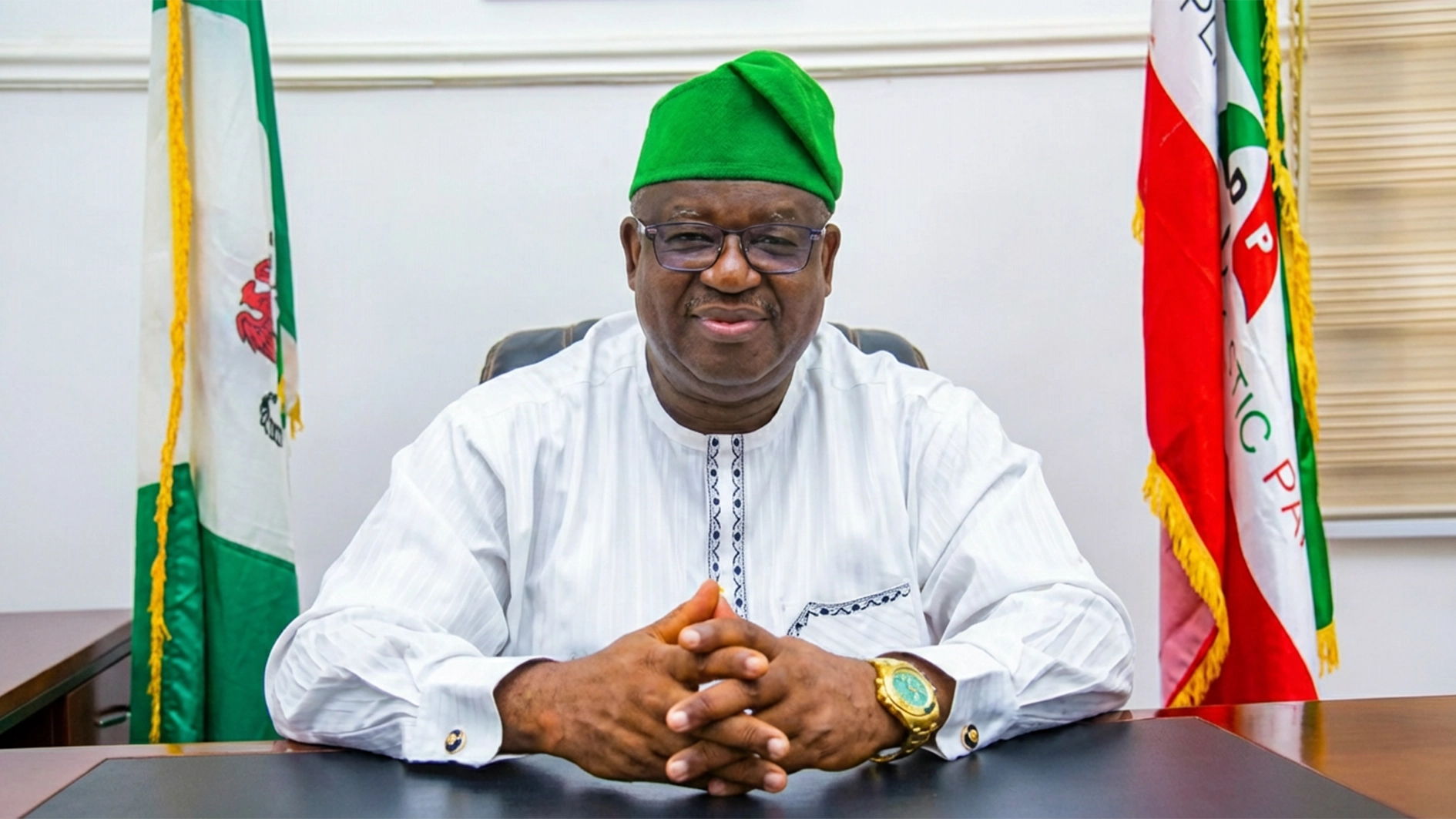• Armed Forces, others will continue to make Nigeria secure, says Defence Headquarters
• CDS: Hunger, poverty now major threats to nation’s security
• IGP rejects calls for citizens to bear arms, advocates dialogue, tolerance
The Federal Government has assured citizens, residents, and visitors of Abuja’s safety, addressing concerns raised by a recent U.S. Embassy security advisory restricting non-official travel by its staff and families to military and government facilities within the Federal Capital Territory (FCT).
Minister of Information and National Orientation Mohammed Idris acknowledged the advisory in a statement yesterday but emphasised that Abuja remains safe.
“While the Federal Government recognises and respects the right of foreign missions, including the U.S. Embassy, to issue travel advisories to their citizens, it is important to state categorically that Abuja remains safe for citizens, residents, and visitors alike,” he said.
Idris highlighted the proactive measures undertaken by Nigeria’s security agencies to ensure the safety of the FCT. “The current security architecture in Abuja has not only been proactive but has also recorded significant successes in detecting, preventing, and neutralising threats,” he noted.
He explained that the U.S. advisory stems from general global developments and not any specific or imminent threat within Abuja. “We reiterate to all diplomatic missions, investors, development partners, and the general public that there is no cause for alarm,” the statement added.
The minister reaffirmed the government’s commitment to protecting all residents and maintaining Abuja’s status as one of the most secure capitals in the world. He urged citizens to remain vigilant while continuing their lawful activities without fear.
“Our security and intelligence agencies are monitoring developments across the country and are fully prepared to respond decisively to any threat,” he assured, encouraging the public to report suspicious activities to relevant authorities.
Also, in a phone chat with The Guardian, the Defence Headquarters (DHQ), through its spokesperson, Brigadier General Tukur Gusau, said: “The Armed Forces, along with other security agencies, will continue to make Abuja and other parts of Nigeria safe.”
The United States mission in Nigeria issued the security advisory on Sunday, following heightened security concerns attributed to recent global developments. It urged American nationals residing or travelling in Nigeria to exercise increased caution.
The advisory stated that all U.S. embassy employees and their families are prohibited from visiting military sites or government venues in Abuja except on official business.
The mission emphasised the importance of vigilance in public spaces, particularly in areas frequented by Westerners, expatriates, and government officials. “Stay alert in public places and be mindful of your surroundings. Avoid large gatherings and limit unnecessary travel,” the statement read.
It also advised U.S. citizens to “vary daily routines to reduce predictability” and “familiarise oneself with emergency exits in buildings” while reviewing and updating personal security plans.
Despite these restrictions, the Consular Sections of the U.S. Embassy in Abuja and the Consulate General in Lagos remain open to provide assistance.
The advisory urged U.S. citizens to monitor updates on the mission’s official website and enrol in the Smart Traveller Enrollment Programme (STEP) for timely security notifications.
IN a separate development, the Chief of Defence Staff (CDS), Gen. Christopher Musa, warned that poverty and hunger have escalated into serious national security threats in Nigeria.
Speaking at the opening of the 14th National Security Seminar in Abuja yesterday, Gen. Musa, represented by the Chief of Defence Training, Rear Admiral Ibrahim Shettima, emphasised that modern insecurity extends beyond armed conflict to encompass economic hardship, food insecurity, and social dislocation.
The seminar, themed “Combating Hunger and Poverty for Sustainable Peace and Development in Nigeria,” was organised by the National Defence College alumni association in collaboration with the Office of the National Security Adviser.
National Security Adviser Mallam Nuhu Ribadu highlighted President Bola Ahmed Tinubu’s administration’s efforts to address these challenges through agricultural reforms, expanded social investment programmes, and targeted security measures.
“There is a clear link between poverty and insecurity, which feeds a vicious cycle that stifles economic growth and worsens social vulnerabilities,” Ribadu said. “Hunger and deprivation are not just humanitarian concerns; they are drivers of crime, violence, and national instability.”
Minister of Defence Muhammad Badaru echoed the need for people-centred solutions to insecurity, advocating for strategies that address unemployment, poverty, and social exclusion. Badaru also stressed the importance of collective action, noting that Nigeria’s security challenges require regional and national collaboration.
Musa noted that disruptions in farming communities, banditry, and farmer-herder conflicts, especially in the North Central region and Benue State, have significantly undermined Nigeria’s agricultural productivity.
“Hunger and poverty are no longer mere social challenges – they have become national security threats,” Musa said. He attributed food inflation, displacement, and mass migration to the illegal occupation of farmlands and the displacement of farming communities, warning of their destabilising effects on the economy and national cohesion.
Also, the Inspector-General of Police (IGP), Kayode Egbetokun, dismissed calls for Nigerians to bear arms to counter insecurity, warning that such a move would exacerbate violence and deepen instability in the country.
Speaking at the second Nigeria Democracy Week organised by the National Democracy Stakeholders Group (NDSG) in Abuja yesterday, the IGP, represented by the Commissioner of Police, Federal Capital Territory (FCT), Ajao Adewale, argued that civilian access to firearms is not a viable solution to Nigeria’s security challenges.
The calls for arms-bearing have gained traction following recent attacks in Benue and Plateau states that resulted in significant loss of life. Prominent figures have appealed to the Federal Government to permit citizens to defend themselves.
Senator Ned Nwoko, representing Delta North Senatorial District, sponsored a bill in 2024 aimed at empowering Nigerians to bear arms for self-defence. Nwoko contended that such a measure could deter criminals and address the country’s worsening security situation.
However, the IGP strongly opposed the proposal, emphasising that violence cannot be countered with violence. “We need to learn from the countries that have allowed such. To what extent will this solve the problem? You cannot solve violence through violence. You solve violence by advocating for peace. Weapon is not the solution. Dialogue, tolerance, accommodating each other is the way forward,” he said.
Egbetokun further highlighted that true security extends beyond the absence of crime, encompassing the protection of citizens’ rights, welfare, and economic empowerment, in alignment with Section 14(2)(b) of the 1999 Constitution.






